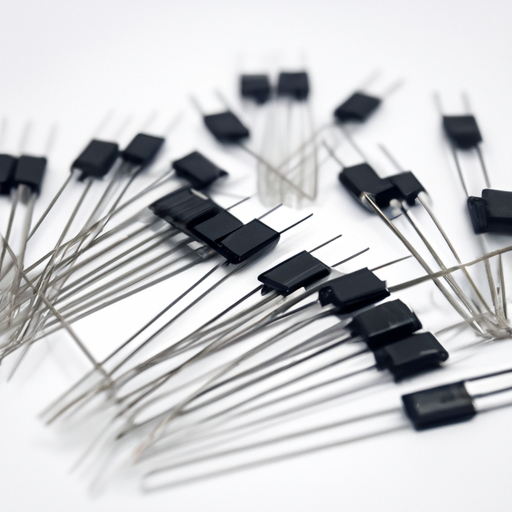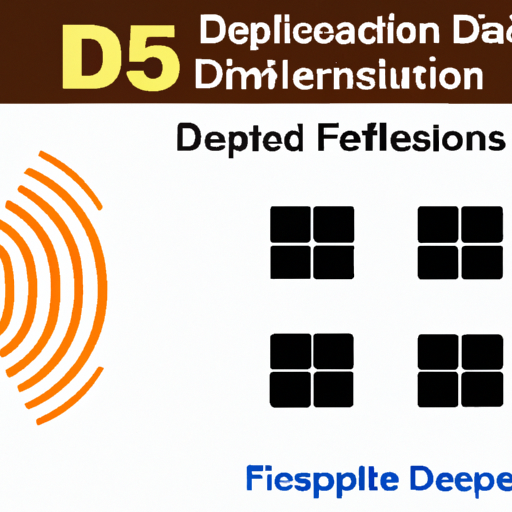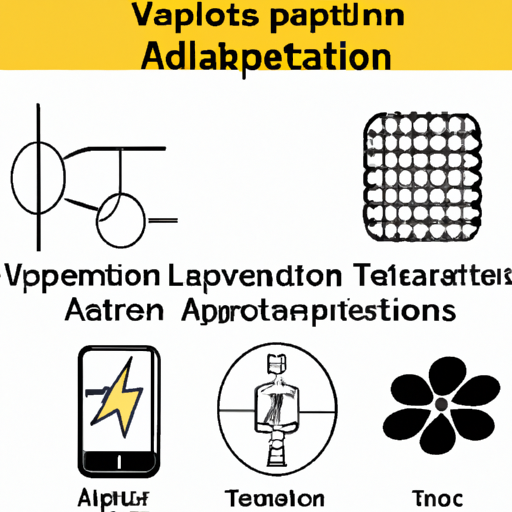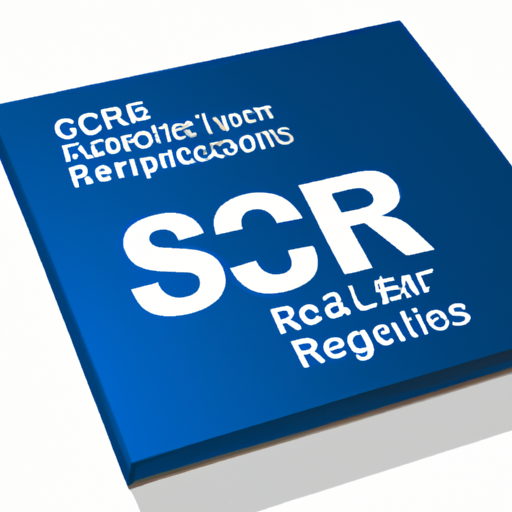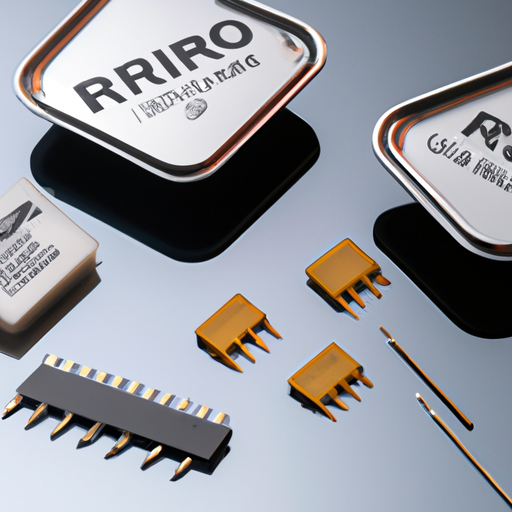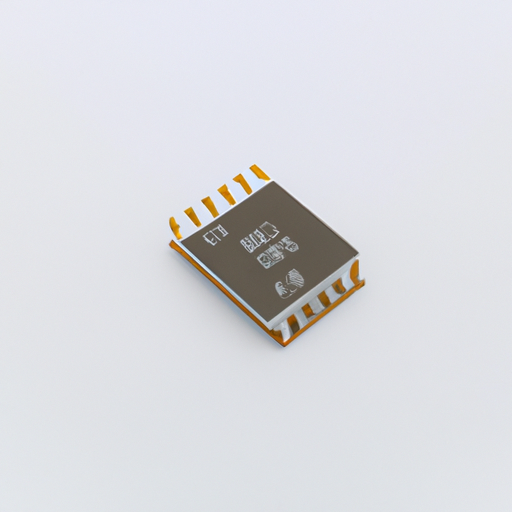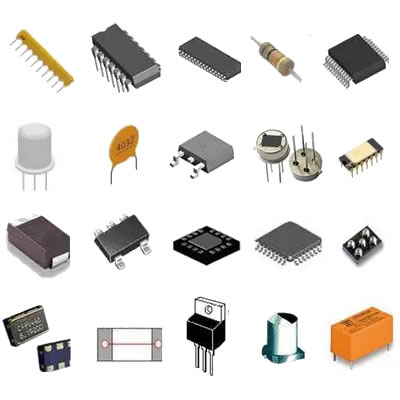What is the purchase price of the latest precision resistors?
What is the Purchase Price of the Latest Precision Resistors?
I. Introduction
In the world of electronics, precision resistors play a crucial role in ensuring the accuracy and reliability of circuits. These components are designed to have a specific resistance value with minimal deviation, making them essential for applications that require high precision. This article aims to explore the purchase price of the latest precision resistors, shedding light on the factors that influence their cost and providing insights into current market trends.
II. Understanding Precision Resistors
A. What are Precision Resistors?
Precision resistors are components that maintain a specified resistance value within tight tolerances. They are characterized by their low temperature coefficient of resistance (TCR), which means their resistance changes very little with temperature fluctuations. This stability is vital for applications where accuracy is paramount.
1. Definition and Characteristics
Precision resistors are typically defined by their tolerance levels, which can be as low as 0.01% or even better in some cases. They are also distinguished by their stability over time and temperature, making them ideal for high-accuracy applications.
2. Types of Precision Resistors
There are several types of precision resistors, each with unique characteristics:
Thin Film Resistors: Known for their high accuracy and stability, thin film resistors are made by depositing a thin layer of resistive material onto a substrate. They are often used in applications requiring high precision.
Thick Film Resistors: These resistors are made by printing a thick layer of resistive paste onto a substrate. While they are generally less accurate than thin film resistors, they are more cost-effective and widely used in various applications.
Wire-Wound Resistors: Made by winding a metal wire around a core, wire-wound resistors offer high precision and power handling capabilities. They are often used in applications where high power dissipation is required.
B. Applications of Precision Resistors
Precision resistors find applications in various fields, including:
1. Use in Measurement and Calibration
In measurement devices, precision resistors are used to ensure accurate readings. They are often employed in calibration standards, where their precise resistance values are critical for maintaining measurement accuracy.
2. Role in High-Accuracy Circuits
High-accuracy circuits, such as those found in medical devices, aerospace applications, and scientific instruments, rely on precision resistors to function correctly. Any deviation in resistance can lead to significant errors in performance.
3. Importance in Industrial and Consumer Electronics
In industrial settings, precision resistors are used in control systems and automation equipment. In consumer electronics, they contribute to the overall performance and reliability of devices such as audio equipment and high-end appliances.
III. Factors Influencing the Price of Precision Resistors
The price of precision resistors can vary significantly based on several factors:
A. Manufacturing Processes
1. Material Costs
The materials used in the production of precision resistors, such as metal films and ceramics, can greatly influence their price. High-quality materials often come at a premium, impacting the overall cost of the resistor.
2. Technology Used in Production
The manufacturing process also plays a role in pricing. Automated production methods can reduce labor costs and increase efficiency, while manual processes may lead to higher prices due to increased labor input.
B. Specifications and Tolerances
1. Resistance Value and Tolerance Levels
Resistors with tighter tolerances and specific resistance values typically command higher prices. For instance, a resistor with a tolerance of 0.01% will be more expensive than one with a tolerance of 1%.
2. Temperature Coefficient of Resistance (TCR)
The TCR is another critical specification that affects pricing. Resistors with lower TCR values are more desirable for precision applications, leading to higher costs.
C. Packaging and Form Factors
1. Surface Mount vs. Through-Hole
The packaging type can also influence the price. Surface mount resistors are often more compact and suitable for modern electronics, while through-hole resistors may be less expensive but take up more space.
2. Custom vs. Standard Packaging
Custom packaging solutions can increase costs, as they often require additional design and manufacturing processes.
D. Brand Reputation and Quality Assurance
1. Established Manufacturers vs. New Entrants
Reputable manufacturers with a history of producing high-quality components often charge more for their products. New entrants may offer lower prices to gain market share, but their products may not always meet the same quality standards.
2. Certifications and Compliance with Industry Standards
Resistors that comply with industry standards and certifications, such as ISO or RoHS, may be priced higher due to the additional testing and quality assurance processes involved.
IV. Current Market Trends
A. Overview of the Precision Resistor Market
The precision resistor market is characterized by a mix of established players and new entrants. Key manufacturers include Vishay, Yageo, and Bourns, among others. The demand for precision resistors is driven by the growing need for high-accuracy components in various applications.
B. Recent Technological Advancements
Recent advancements in materials and manufacturing processes have led to improved performance and reduced costs for precision resistors. Innovations such as the development of new resistive materials and enhanced production techniques have positively impacted pricing.
C. Economic Factors Affecting Prices
Global supply chain issues and fluctuations in raw material costs can significantly affect the prices of precision resistors. For instance, disruptions caused by geopolitical tensions or natural disasters can lead to shortages and increased prices.
V. Price Ranges for Latest Precision Resistors
A. General Price Ranges Based on Type and Specifications
The price of precision resistors can vary widely based on their type and specifications:
1. Thin Film Resistors
Thin film resistors typically range from $0.10 to $5.00 per unit, depending on their tolerance and specifications.
2. Thick Film Resistors
Thick film resistors are generally more affordable, with prices ranging from $0.05 to $2.00 per unit.
3. Wire-Wound Resistors
Wire-wound resistors can range from $0.50 to $10.00 or more, depending on their power rating and precision.
B. Comparison of Prices from Different Manufacturers
When comparing prices, it is essential to consider the trade-off between cost and quality. Budget options may be available, but high-end products from established manufacturers often provide better performance and reliability.
1. Budget Options vs. High-End Products
Budget precision resistors may be suitable for less critical applications, while high-end products are recommended for precision measurement and high-accuracy circuits.
2. Case Studies of Specific Resistor Models and Their Prices
For example, a Vishay thin film resistor with a tolerance of 0.01% may retail for around $2.50, while a similar resistor from a lesser-known brand might be priced at $0.75.
C. Availability and Sourcing Options
1. Online Retailers vs. Local Distributors
Precision resistors can be sourced from various channels, including online retailers and local distributors. Online platforms often provide a broader selection and competitive pricing.
2. Bulk Purchasing and Discounts
Purchasing in bulk can lead to significant discounts, making it a cost-effective option for businesses and manufacturers.
VI. Conclusion
In summary, the purchase price of precision resistors is influenced by various factors, including manufacturing processes, specifications, and market dynamics. Understanding these factors can help buyers make informed decisions when selecting precision resistors for their applications. As technology continues to advance, the precision resistor market is expected to evolve, offering new opportunities and challenges. Ultimately, selecting the right precision resistor is crucial for ensuring the accuracy and reliability of electronic devices.
VII. References
- Vishay Intertechnology. (2023). Precision Resistors: Product Overview.
- Yageo Corporation. (2023). Thin Film Resistors: Specifications and Applications.
- Bourns, Inc. (2023). Wire-Wound Resistors: Features and Benefits.
- Electronics Weekly. (2023). Market Trends in Precision Resistors.
- IEEE Xplore. (2023). Advances in Precision Resistor Technology.
This blog post provides a comprehensive overview of the purchase price of the latest precision resistors, covering essential aspects such as their definition, factors influencing pricing, current market trends, and specific price ranges. By understanding these complexities, readers can make informed decisions when selecting precision resistors for their electronic applications.

